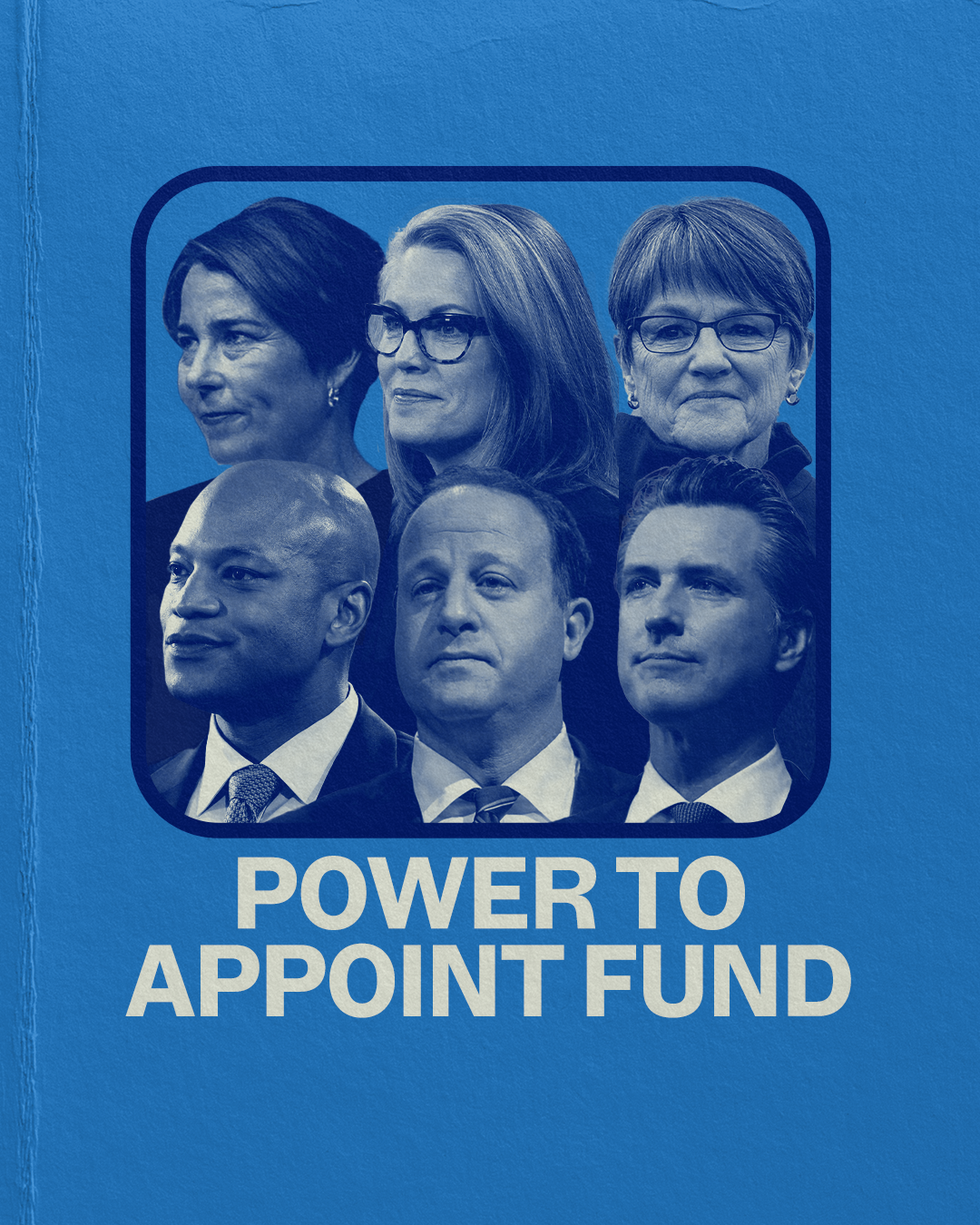
Can you donate now to join our fight?
We just launched the Power to Appoint Fund to highlight the important role Dem Govs play to ensure integrity in our country’s judicial process and protect fundamental freedoms. Your support will ensure we can make crucial investments in key states and protect our democracy. Please don’t wait: rush your gift to elect Democratic governors! >>>
AUDIO: Laxalt Caught Using State Office to Fight Coverage of Controversial Pardon
In case you missed it, the Reno Gazette Journal published a tape of Nevada Attorney General Adam Laxalt instructing his state office to fight stories about a controversial and politically charged pardon. The recording raises ethics questions surrounding Laxalt’s use of taxpayer funding to advance his own personal political interests, a potential violation of state law.
Read excerpts below or the entire report HERE
“Attorney General Adam Laxalt sought to enlist state staffers in a politically-charged press spat over a pardoned prisoner, an audio recording obtained by the Reno Gazette Journal reveals.
The recording, made by a fellow passenger aboard a Nov. 21 nonstop flight from Las Vegas to Reno, raises new questions about the politicization of the office held by Nevada’s top lawyer who is now seeking the Republican nomination for Nevada governor.”
“…Nevarez-Goodson said Nevada law bars officials from using governmental time, property, equipment or other facilities — including state-owned phones and office subordinates — for their own personal or financial benefit.
Violations of those rules can be an impeachable offense, as former Controller Kathy Augustine learned in 2004. Augustine, who admitted using state-owned equipment on her 2002 re-election campaign, paid a $15,000 fine, but avoided removal from office.
State ethics experts declined to comment on whether Laxalt or anyone else had broken any rules, but said the use of state resources to advance political interests could potentially run afoul of the law.
‘Using the state’s telephone could trigger the statute, or doing it on state time,’ said Caren Jenkins, the commission’s former executive director. ‘That’s an area where caution lights come on for me, in my brain.’”

